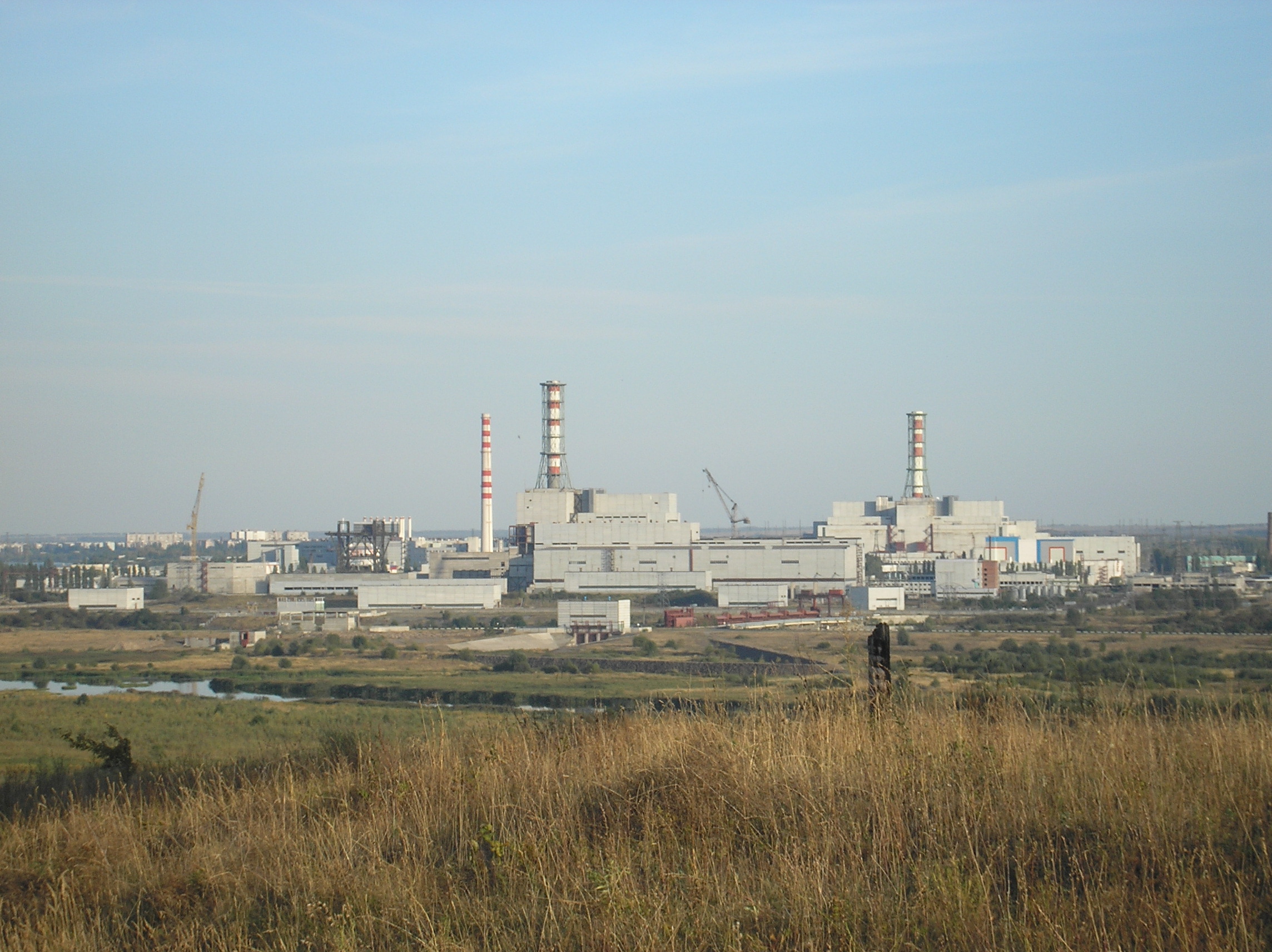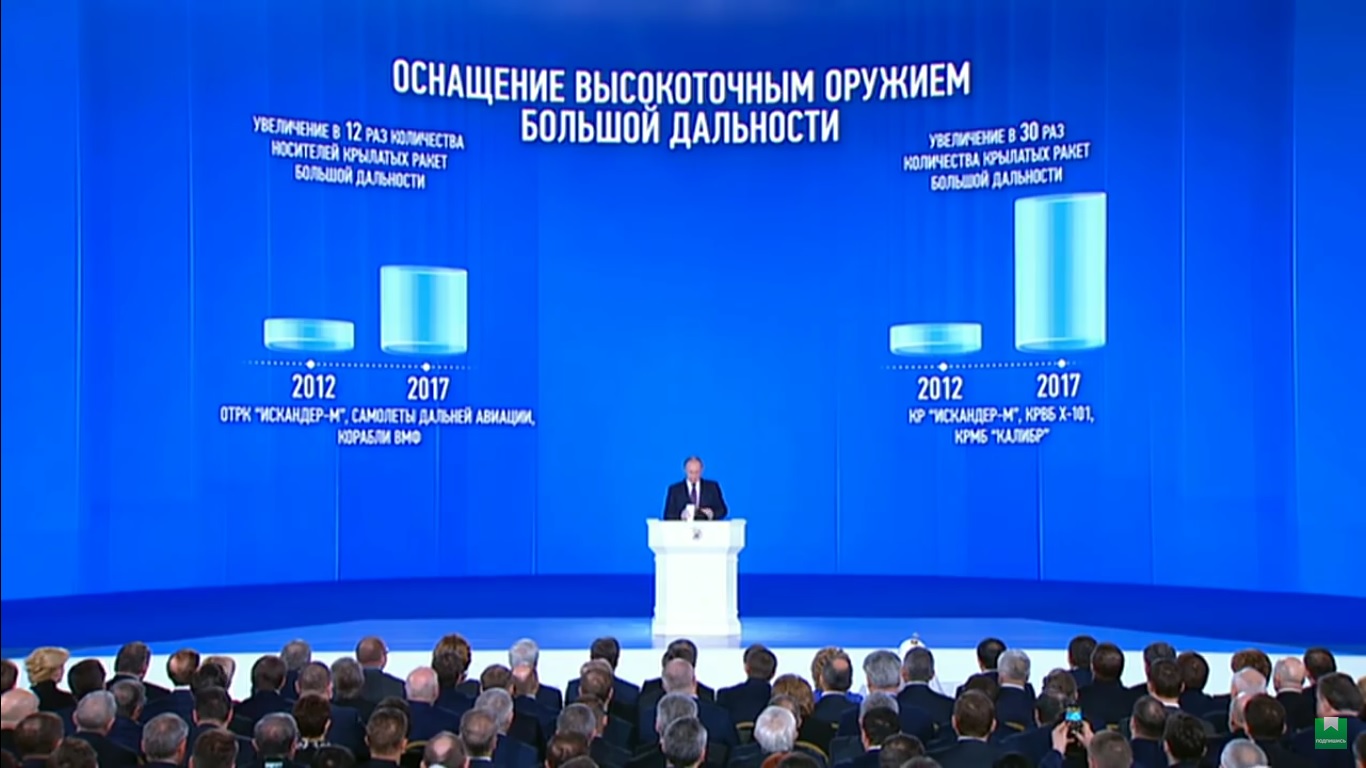As Ukrainian forces expand and consolidate their gains in Russia's Kursk Oblast, Russian state-owned TASS news agency, began spreading claims that Ukraine is planning to strike Russia's Kursk and Russian-occupied Zaporizhzhia nuclear power plants, which Ukraine dismisses as "insane" piece of Russian propaganda.
Also, Russia has repeatedly engaged in nuclear blackmail, hinting on potential strikes on the EU and the US to deter Western countries from supplying military equipment to Ukraine and to undermine overall support for Ukraine.
This blackmail had some success, as heavy equipment like the Leopard 2 tanks and F-16 fighter jets were only approved and supplied months after Ukraine's initial requests, following prolonged debates and hesitation. Moreover, the US, the UK, and France continue to enforce restrictions that prevent Ukraine from carrying out deep strikes into Russian territory using ATACMS and Storm Shadow/Scalp missiles, while Germany has yet to approve the supply of its Taurus missiles.
Russia's renewed nuclear rhetoric may signal an attempt to pressure Ukraine diplomatically into halting its counter-incursion into Russia's Kursk Oblast, even as Russia continues to make gradual advances in Ukraine's Donetsk Oblast amidst the ongoing Russo-Ukrainian war.
TASS cited the so-called Internal Affairs Department of the Military-Civil Administration of Kharkiv Oblast, a Russian occupation body, alleging that "Kyiv plans to strike the Kursk and Zaporizhzhia nuclear power plants to accuse Russia of provocation," referring to alleged interrogations of Ukrainian captives.
Later, TASS reported
the same narrative, but referring to "military correspondent" Marat Khayrullin, who allegedly cited unnamed "sources from the Ukrainian side as saying." The Russian propagandist added that the strikes are "planned to hit the places where spent nuclear fuel from the nuclear power plant is stored,” possibly revealing Russia's own plans.
Ukraine has vehemently denied these accusations. Heorhii Tykhyi, spokesperson for the Ukrainian Ministry of Foreign Affairs, wrote on X/Twitter,
"We are seeing another surge in insane Russian propaganda about alleged Ukrainian plans to use 'dirty bombs' or attack nuclear plants. We officially refute these false claims. Ukraine has no intention or ability to take any such actions."
Tykhyi emphasized Ukraine's commitment to nuclear non-proliferation, saying,
"Ukraine has always been and continues to be a committed NPT (the Nuclear Non-Proliferation Treaty, - Ed.) member: we do not have any 'dirty bombs' and have no plans to acquire any."
A few days into Ukraine's incursion of Kursk Oblast, on 11 August, the Russian occupation forces set fire to a cooling tower at the occupied Zaporizhzhia NPP. The narrative, disseminated by TASS, may be Russia's next step in an attempt to threaten Ukraine with nuclear contamination of its territory if Kyiv continues the Kursk incursion.
Ukraine, after relinquishing its nuclear arsenal in 1994 under the Budapest Memorandum, received "security assurances" from the US, UK, and Russia, promising protection against threats or use of force against its territorial integrity. However, Russia's subsequent violations of this agreement, including the annexation of Crimea and ongoing military aggression, showed that the assurances were void, leaving Ukraine vulnerable and unsupported in its non-nuclear status.
Related:
- Putin’s nuclear threats proven hollow as Ukraine invades Russia, expert says
- FT: Russia trained for use of nuclear weapons against Europe as early as 2008
- Fire at Russian-held Zaporizhzhia nuclear plant extinguished, Ukraine blames Russia over incident
- The West’s fear of escalation is Russia’s greatest weapon
- Biden and Sullivan “bought into” Russia nuclear scare on Ukraine, top GOP lawmaker says
- Russia’s “ultimate” red line is as hollow as the first ten
- Russia prepares false-flag operation at Zaporizhzhia nuclear plant – Ukraine’s Intel
- Kremlin keeps trying nuclear threats to deter Western arms supplies to Ukraine – ISW
- Russia is deescalating nuclear blackmail, as it has not coerced Kyiv into negotiating – ISW
- Russian propaganda escalates, laying ground for nuclear strike





